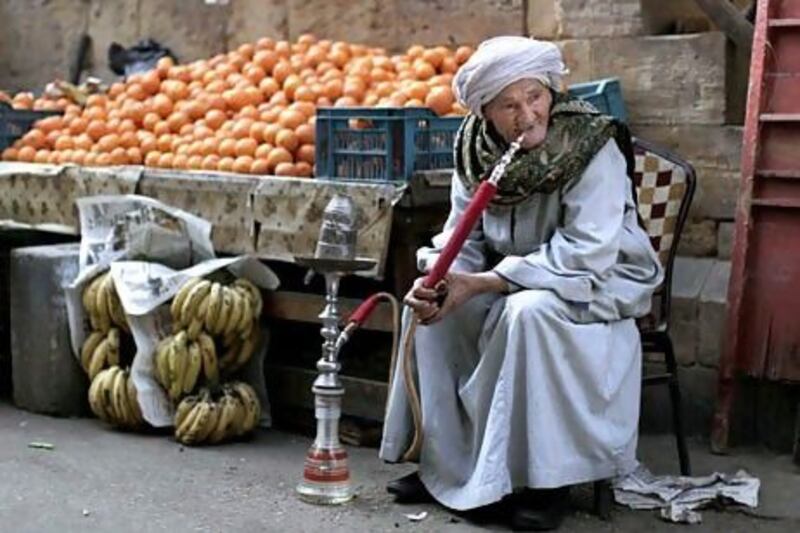The IMF is holding talks with Yemen about fresh financial aid, while US$4.8 billion (Dh17.63bn) loan discussions with Egypt are continuing as demand for the fund's assistance in the Middle East grows.
It comes as many economies rebound from last year's Arab Spring at a slower pace than previously forecast.
"A year ago the IMF and many people were underestimating how long it would take to get the stabilisation move towards a recovery phase," said Masood Ahmed, the director of the IMF's Middle East and Central Asia department.
"Two per cent GDP growth is not even keeping up with population growth in many countries and is certainly well below what is needed to address unemployment."
Growth among Arab nations in transition was forecast to rise from 2 per cent this year to 3.6 per cent next year, said the IMF. But "downside risks" remained, added Mr Ahmed.
Talks with Yemen over a possible loan had just started, he said. The IMF already agreed an interest-free $93.75 million loan to the country in April and extended $369.8m in funds in 2010 to help fill the budget deficit, ease poverty and support growth.
But it is Egypt where investors are most anxiously awaiting a funding agreement. A technical team from Washington arrived in Cairo last month to discuss a $4.8bn loan that Egypt requested to shore up finances dented by last year's popular uprising.
"Depending on when the discussions reach a conclusion we will be ready," said Mr Ahmed, as the IMF launched its latest regional economic outlook in Dubai.
Egypt's urgency for funds has risen as the government's reserves have dwindled from $35bn two years ago to $15bn now.
The IMF has asked Egypt to draw up a plan to narrow its budget deficit, which has swollen to 11 per cent of GDP. It has also told the government it wants the proposals to have broad political support.
But the government is facing public opposition to the deal. A rally has been planned for today by protesters opposing planned austerity measures linked to the deal and a perceived lack of transparency surrounding the process.
In response, the IMF is holding talks with civic leaders and business people to listen to their opinions, said Mr Ahmed.
"What we are not doing is trying to explain what the Egyptian authorities are doing, that's for them to do," he said. "What we are doing is explaining what the role of the IMF is, answering questions about the IMF, about our conditions, processes and how things work."
The IMF expects Egypt's growth to rise to 2 per cent this year, only marginally higher than last year's growth of 1.8 per cent.
Elsewhere in the region, the IMF is extending support to other economies reeling from regional instability and a slowing global economy. Mr Ahmed said the IMF had already provided $450m out of a $2bn loan it agreed for Jordan in August.
Higher global food prices, a weak outlook for trade this year and only a moderate rebound in tourist arrivals were also clouding prospects for oil importers, he said.
"The biggest challenge facing governments in the Arab countries in transition is how to manage the rising expectations of populations that are becoming increasingly impatient to see a transition dividend at a time when there are threats to near-term macroeconomic stability and the margin for policy manoeuvre is limited," he said.
tarnold@thenational.ae
Demand grows for IMF help in Middle East
Arab Spring economies: The International Monetary Fund is holding talks with Yemen about fresh financial aid, while $4.8 billion loan discussions with Egypt are continuing.

Editor's picks
More from the national




